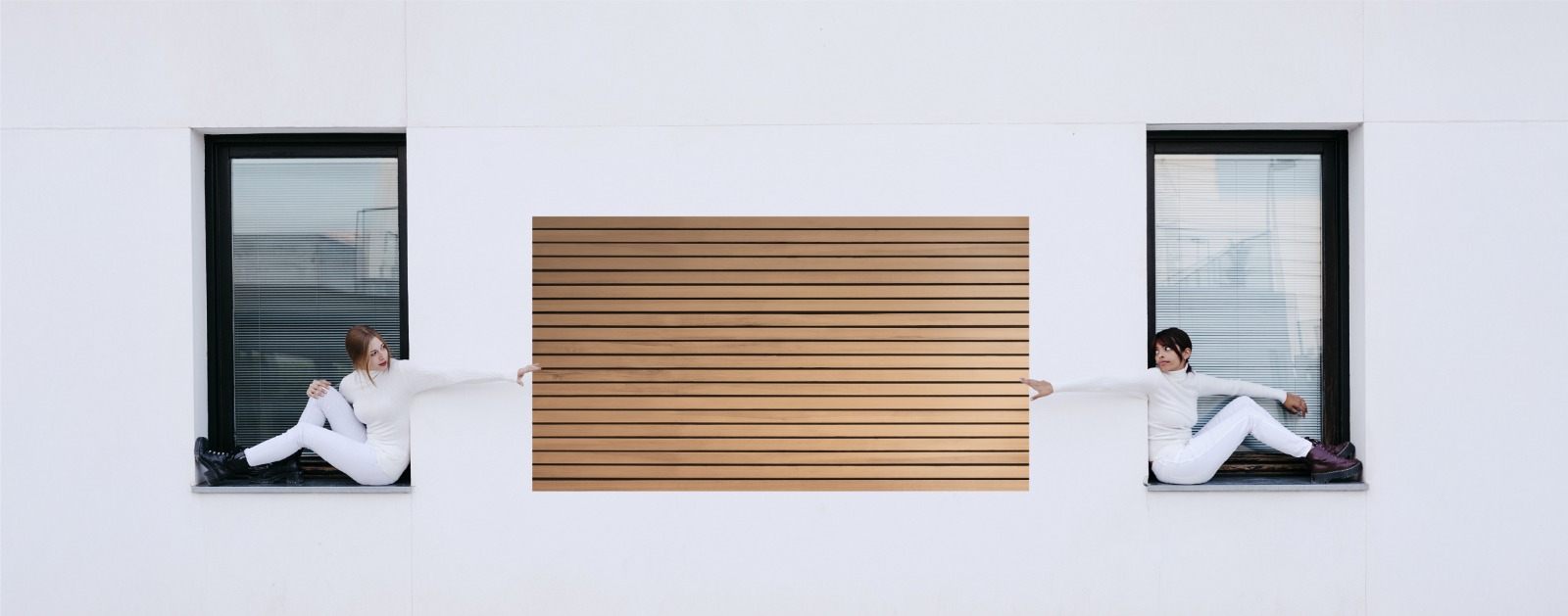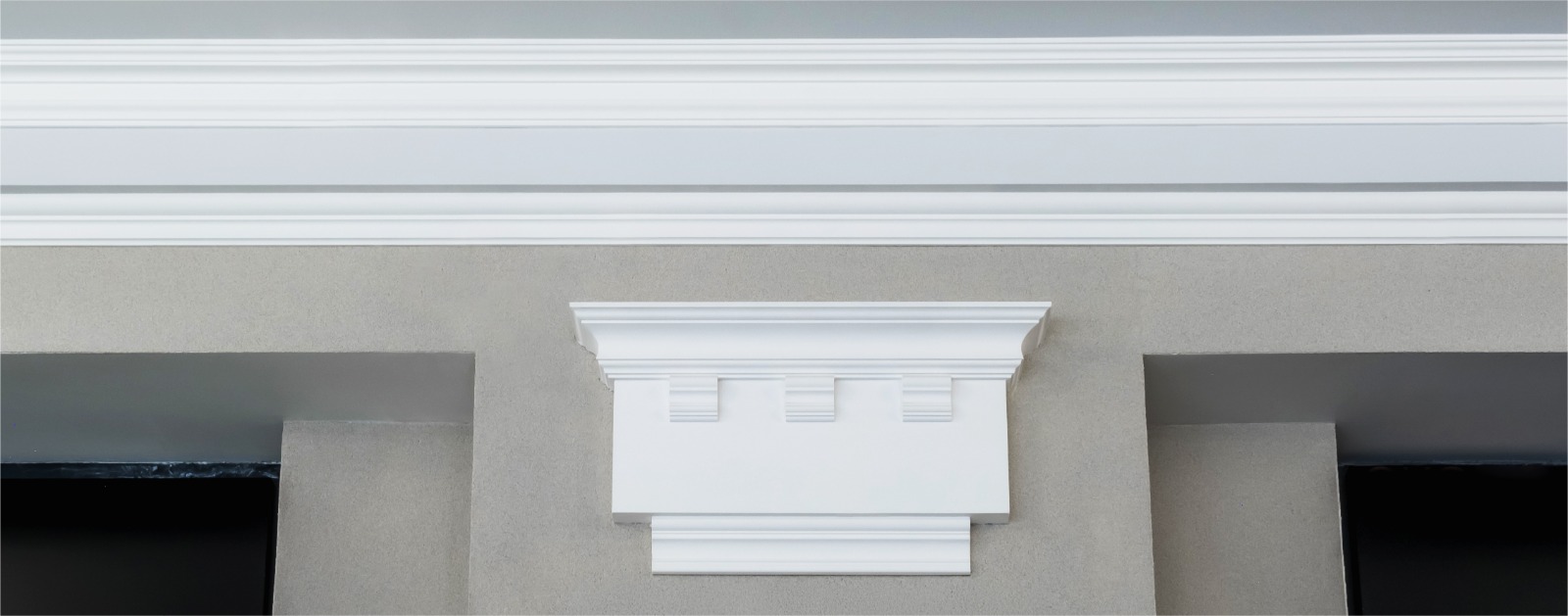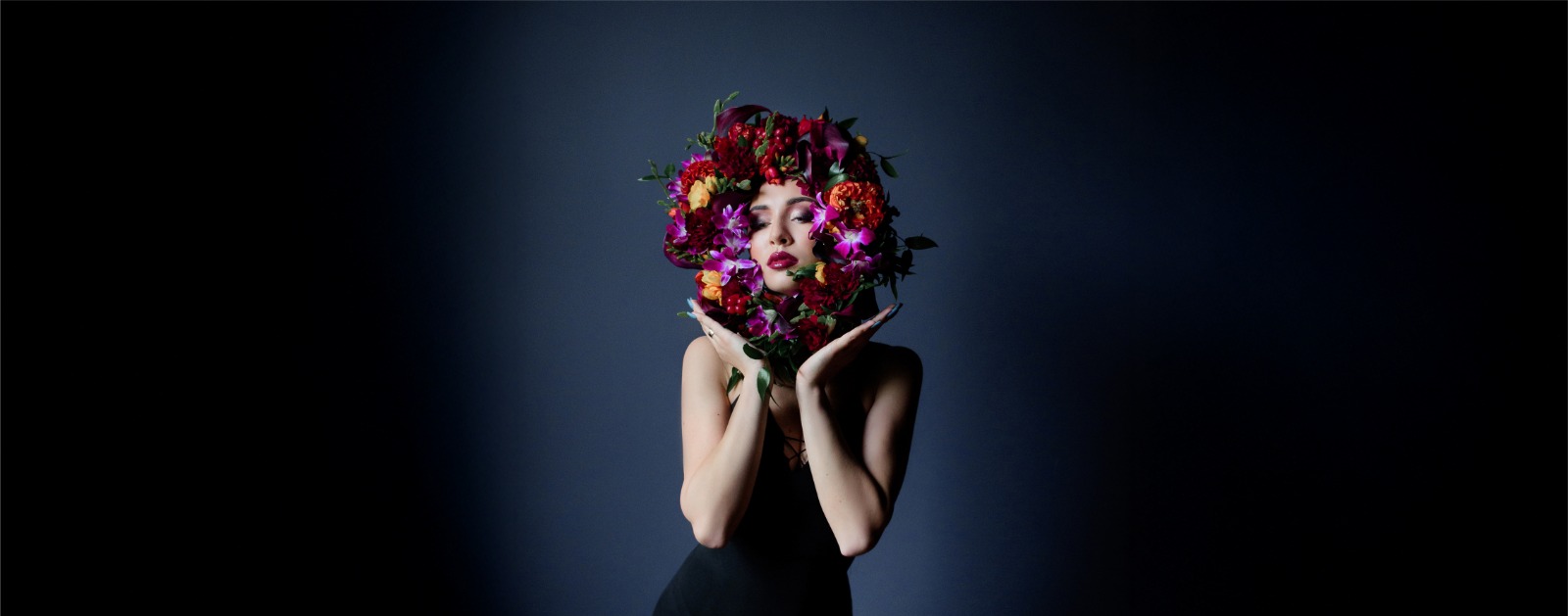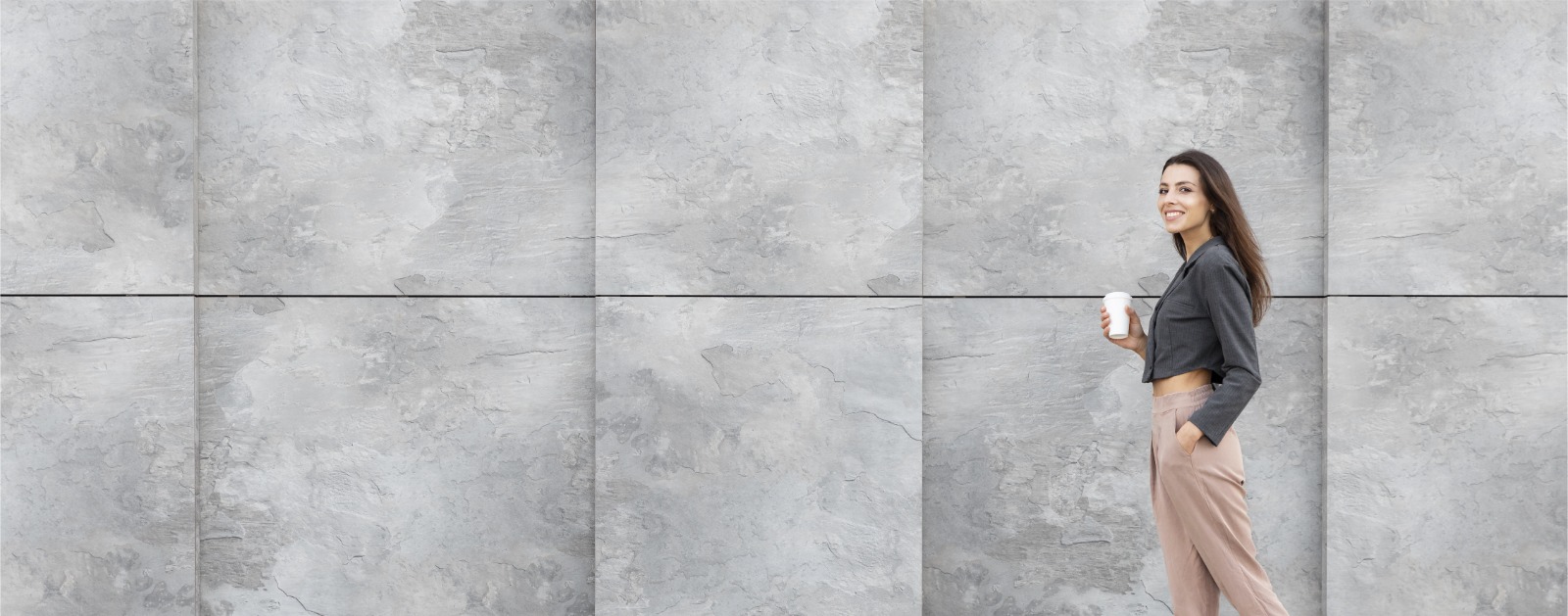
PVC Wall Panels
PVC wall panels are increasingly popular for their practicality and aesthetic appeal in various home and office settings. Here's a detailed look at how these panels can be utilized and what considerations to keep in mind.
What is PVC Wall Panel?
PVC wall panels are made from polyvinyl chloride (PVC), offering a lightweight, durable, and versatile option for wall coverings. They are particularly popular for creating feature walls and adding texture to spaces like bathrooms and kitchens due to their waterproof and moisture-proof properties.
Advantages of PVC Wall Panels:
- Waterproof and Moisture-Proof: Ideal for areas prone to dampness, such as bathrooms and kitchens.
- Durability: Resistant to wear and tear, making them a long-lasting option.
- Ease of Installation: Generally easy to install compared to traditional tiling or painting.
Disadvantages of PVC Wall Panels:
- Temperature Sensitivity: They may warp or deform under extreme temperatures.
- Flexibility Issues: Their flexibility can lead to movement, potentially causing issues like silicon sealant breaks and leaks.
- Environmental Concerns: Over time, there might be concerns about chlorine content mixing into the air.
Comparison with Wallpaper:
PVC panels are generally more durable and moisture-resistant than wallpaper, making them a better choice for wet areas. However, wallpaper offers more design flexibility and can be more aesthetically pleasing in living spaces.
PVC sheets can indeed be used for walls, providing a practical and stylish alternative to traditional wall coverings.
PVC Wall Panels for Bathrooms
PVC wall panels are ideal for bathrooms due to their water-resistant properties. They help prevent mold and mildew, making maintenance easier and ensuring the longevity of the bathroom walls. Their easy installation process makes them a practical choice for bathroom renovations.
PVC Wall Panels for Kitchen
In kitchens, PVC panels serve as a protective barrier against splashes and stains, offering a clean and polished look. Their heat-resistant nature ensures that they handle the demands of a busy kitchen environment effectively. Available in various colors and textures, they can complement any kitchen design.
Decorative PVC Wall Panels
Decorative PVC panels are available in numerous designs and patterns, allowing homeowners to add character and style to their spaces. Whether you're looking for a modern or traditional look, these panels provide an easy way to enhance the visual appeal of any room.
Luxurious PVC Wall Panels
For those seeking a touch of elegance, luxurious PVC wall panels mimic high-end materials such as wood and marble. These panels offer the appearance of expensive materials without the associated cost or maintenance, making them a preferred choice for upscale interiors.
Light Transmitting PVC Wall Panels
Light transmitting PVC panels are perfect for creating bright and airy spaces. These panels allow natural light to pass through while maintaining privacy, making them suitable for offices and living areas where natural illumination is desired.
Marble Patterned PVC Wall Panel
Marble-patterned PVC panels provide the classic beauty of marble at a fraction of the cost. They are lighter and easier to install than real marble, making them a practical choice for those wanting to add a touch of luxury to their homes without the hassle of heavy materials.
Is PVC Panelling Good for Walls?
PVC panelling is a beneficial option for walls, especially in areas prone to moisture and wear. It is durable, easy to clean, and provides a long-lasting solution for both residential and commercial spaces.
What Are the Disadvantages of PVC Wall Panels?
Despite their advantages, PVC wall panels may warp under extreme temperatures. Additionally, there are environmental concerns due to their chemical composition, which should be considered when planning long-term installations.
Can PVC Sheets Be Used for Walls?
Yes, PVC sheets are a versatile and cost-effective choice for walls. They offer a smooth, professional finish and are available in a variety of styles to suit different applications, from residential to commercial settings.
Which Is Better, PVC or Wallpaper?
The choice between PVC and wallpaper depends on the specific needs of the space. PVC panels are more durable and moisture-resistant, making them ideal for kitchens and bathrooms. Wallpaper offers a wider range of designs and textures, making it more suitable for living areas where aesthetics are a priority.
By understanding the unique benefits and limitations of PVC wall panels, you can make informed decisions to enhance the functionality and style of your interior spaces.












